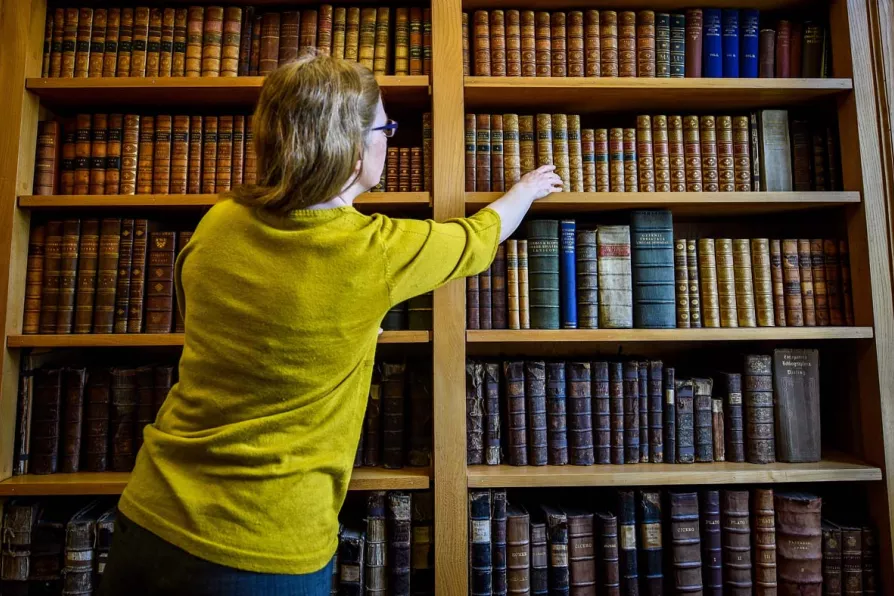As the RMT Health and Safety Conference takes place, the union is calling for urgent action on crisis of work-related stress, understaffing and the growing threat of workplace assaults. RMT leader EDDIE DEMPSEY explains


I HOPE the BBC adaptation of Sally Rooney’s Normal People goes well — Rooney’s novels are deservedly popular, so the series could be good. But it is hard to adapt fiction to TV drama. I worry how Rooney’s deadpan way of describing emotional turmoil will translate to TV.
The forthcoming series having 12 parts might also stretch the story to meet the “box-set” format for marketing rather than aesthetic reasons. Still, the team behind the adaptation is strong: Rooney herself is writing the script. The directors are Lenny Abrahamson, who made a good film from the novel “Room” and Hettie McDonald who has a long, effective TV drama career.
Normal People takes a couple from teens to twenties in an on-off love affair. Rooney has been rightly celebrated as a voice for “millennials” because she can get across all the anguish, anxiety and confusion of young adulthood — including how people can hurt each other when they mean to do the opposite.

KEN COCKBURN relishes the memoir of a translator, but wonders whether the autobiography underlying the impulse would make a better book

At the very moment Britain faces poverty, housing and climate crises requiring radical solutions, the liberal press promotes ideologically narrow books while marginalising authors who offer the most accurate understanding of change, writes IAN SINCLAIR













